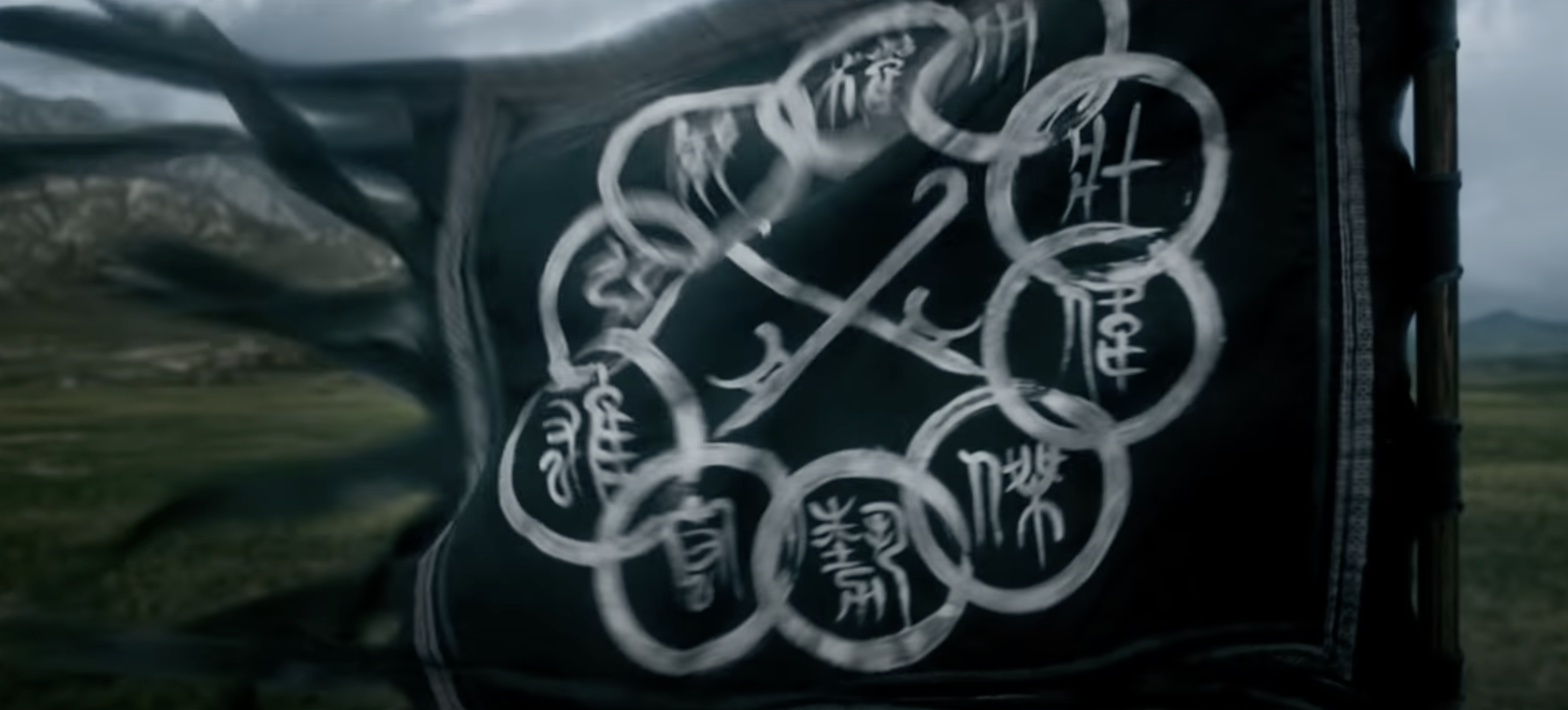The days of major movie releases being pushed back time and again may soon be behind us, at least if Marvel/Disney’s Shang-Chi and the Legend of the Ten Rings has anything to say about it.
The latest MCU release, directed by Destin Daniel Cretton and starring Chinese-Canadian actor Simu Liu, is currently on track to be the first film release since early 2020 to earn $200 million at the US domestic box office, having already grossed more than $250 million US globally (and this is without the Chinese market, which it may never reach), while it is expected to earn over $400 million by the end of its theatrical run. These are impressive numbers in the COVID-era of cinema, but there are even more fascinating metrics at play here.
What’s particularly interesting is that even by standards prior to pre-COVID, Shang-Chi and the Legend of the Ten Rings is a distinct success, setting records for Labour Day weekend (a period known for sluggish box office numbers) whilst avoiding the usual dramatic drop-off that occurs from a Saturday to a Sunday on its opening weekend. For context, Shang-Chi dropped by 2.1%, while Black Widow saw a significantly higher dip of 24.7%.
Black Widow comparisons are unavoidable, and pessimists would no doubt point to its substantial 68% drop in the box office in its second weekend of release, yet Shang-Chi’s managed an admirable 53% drop-off during this period. While Shang-Chi clearly bears greater resonance with audiences, Black Widow’s notable decline in box office numbers must also be attributed to its simultaneous release in both theatres and online streaming.
Disney, and indeed Warner Bros., have been hesitant to commit to theatres-only release for fear of potential losses, with the former even inviting a lawsuit from Black Widow lead and long-time MCU star Scarlett Johansson, whose contract was breached when Black Widow was released simultaneously in theatres and on Disney+, which she viewed as a ploy by Disney to promote their streaming service at the expense of her bottom line. Warner Bros., on the other hand, shrewdly compensated their stars and filmmakers for the inevitable box office losses that would be brought on by this method of release on HBO Max, but that doesn’t mean all the filmmakers were happy about it, with Quebecois director Denis Villeneuve being amongst the most vocal of dissenters, though his stance has since softened.
Nonetheless, Disney now has something of a stranglehold on the box office. With the continued successes of Shang-Chi, Jungle Cruise and Free Guy (which Disney distributed) over the weekend, the Mouse House commanded almost 80% of the US domestic box office, which is a crazy statistic by any measure.
Of course, at the end of the day this only proves that Disney is dominating, and the numbers are anything but communal, but it nonetheless opens the door for other studios to take risks and reap the benefits from audiences who are gradually returning to theatres in greater numbers. And don’t think they haven’t noticed, as Sony moved up the release date for Venom: Let There Be Carnage, while Disney themselves are now committed to theatre-only runs for their remaining slate of releases this year, which is likely just the beginning of a much needed turnaround for theatrical cinema.

